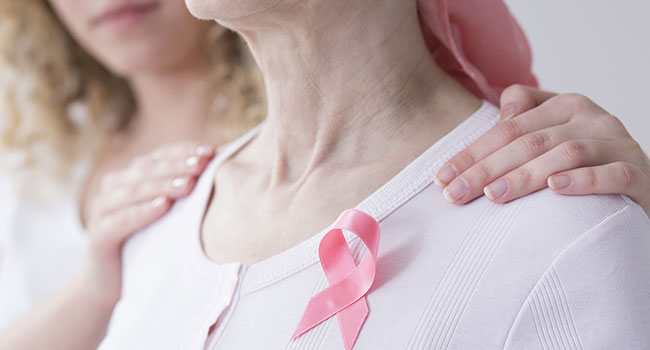Breakthrough Blood Test Device could Detect Breast Cancer Early
Jun 21, 2020 by Kamran Ahmed
Scientists have developed an innovative 'lab-on-a-chip' blood test device that could detect breast cancer in its early stage. If the clinical trials are successful, this new technology could be a life-saver for many breast cancer patients.
The EV-CLUE chip, a tiny device created via colloidal inkjet printing, uses nanotechnology to pump approximately two microliters of blood into eight microscopic channels that can recognize signs and markers of cancer.
During preliminary tests, scientists behind the technology used it to detect MMP14, a tumor-released enzyme that aids the development of cancer by attacking normally-functioning cells. Early trial results in groups of 30 and 70 people have shown an accuracy of 96.7% and 92.9%, respectively.
"This highly sensitive technology can catch early signs of cancer metastases. The early detection for cancer metastases is key to reduce the death rate of women with breast cancer," said co-researcher Liang Xu, a professor of molecular bioscience at the University of Kansas.
Numerous distinct chemicals are shed into the bloodstream of a cancer patient, and recent studies have shown that their detection can be a plausible way to recognize cancerous growths.
The advent of the EV-CLUE device could pave the way for the development of a "liquid biopsy," a potential substitute for mammograms as an initial screening mechanism for breast cancer.
Detection of breast cancer in its initial stages can be a massive step towards a successful treatment. The real problem arises when cancer spreads to distant parts of the body, as shown by the minuscule survival rate of 27%. In contrast, women with localized breast cancer have a 99% five-year survival rate. The number goes down to 86% in cases where the tumor affects the lymph nodes only.
EV-CLUE technology is still in the developmental and testing stages, and its accuracy needs to be closer to 100% before mainstream usage is considered. Once available, these chips will be used to detect not only breast cancer but also other types of tumors.
This free service will notify you of current and future clinical trial matches.
